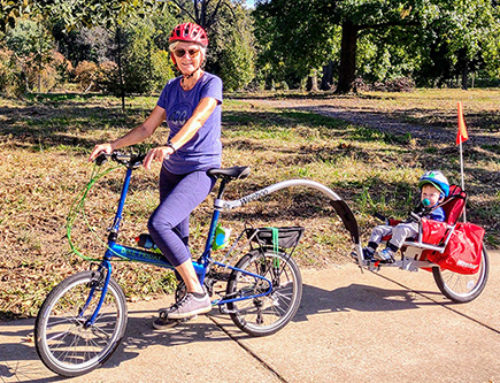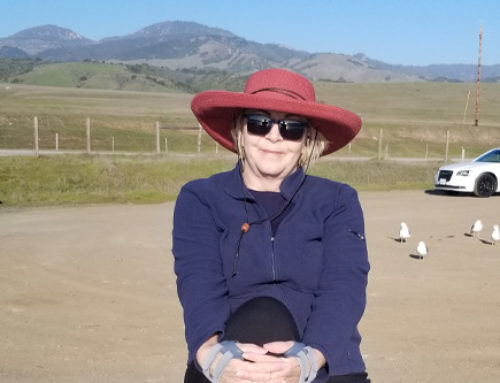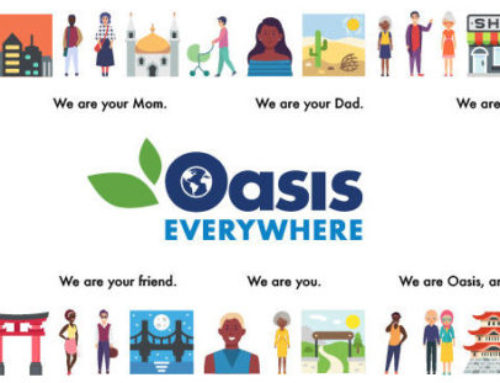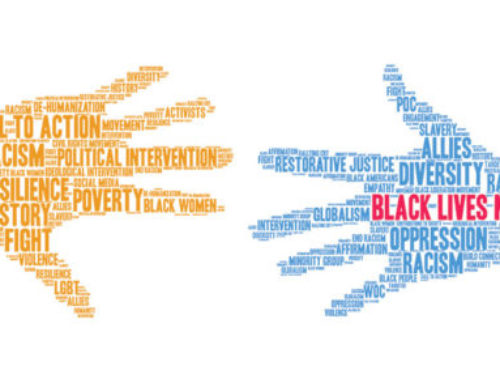Every year it’s estimated that older Americans lose billions of dollars to financial exploitation. It is very important that you not only be proactive in protecting yourself but also your family and friends. The following are some tips you can use to do just that.
 Protect Yourself:
Protect Yourself:
- Ensure you have an emergency contact in place with your financial institutions.
- Have these important documents and let a trusted person know where to find them:
Will
Durable Power of Attorney
Health Care Power of Attorney
Living Will
Revocable Living Trust - Change account numbers, phone numbers, credit/debit card numbers and passwords if your information is compromised.
- Review account statements and bills carefully for any unusual activity or charges.
- Send duplicate statements to a trusted person for review.
- Contact your local state Adult Protective Services agency if you suspect or experience exploitation or abuse (See resources section).
Protect Others – Watch for these warnings signs:
- Social behavioral and physical changes
- Older individual is fearful or distressed
- Older individual becomes excessively distrusting or suspicious
- Change in appearance or decline in personal hygiene
- Older person accompanied by caregiver who is overly protective
- New “best friends” or “sweethearts”
Know the risk factors:
- Social isolation (of an older person and/or caregiver)
- Grief
- Dependence on another to provide care
- Spouse, adult child or grandchild is financially dependent on elder
- Depression, mental illness, alcohol or drug abuse
- Problems understanding or remembering financial information
- An overly trusting personality or a temperament susceptible to manipulation
Be aware of money management changes:
- Sudden, unusual, or unexplained withdrawals, money movement, account transfers, or other changes in financial situation
- Changes in investment style
- Signatures seem suspicious or forged
- Abrupt or unexplained changes in wills, trusts, POAs, or beneficiary designations
- Accounts placed in joint name, or changes to transfer on death (TOD) instructions or beneficiary designations, in a manner that is unexplained or inconsistent with prior estate plan.
- Sudden reluctance to discuss financial matters which previously was a matter of course
- Older individual is denied access to his or her own funds or account statements
Everyone can take these simple preventive steps to protect their assets:
- Have conversations with family and trusted persons regarding the older person’s financial plans and important documents.
- Know the financial institutions that have accounts with the older individual.
- Review account statements and bills carefully for any unusual activity or charges.
- Consider an identity theft protection plan.
- Ensure documents are up-to-date and copies available.
- Receive or request duplicate statements for review.
- Contact your local state Adult Protective Services agency if you suspect or experience exploitation or abuse.
Now that you know what to look for, you can use these great resources to continue to educate yourself and others. Oasis has a wonderful course on preventing fraud called “Fighting Fraud: Stopping Scammers in Their Tracks” which uses information from the Federal Trade Commission and Hands on Banking™ from Wells Fargo. If you need local resources use the Eldercare Locator at www.eldercare.gov or call their toll free number at 1-800-677-1116. We all need to do our part to eliminate this growing trend of financial exploitation and continue to promote healthy financial aging.

Provided courtesy of Wells Fargo Advisors, LLC, a registered broker-dealer and a separate non-bank affiliate of Wells Fargo & Company.
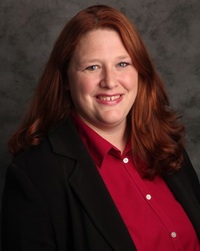 Tobie Steele is Vice President – Wells Fargo Advisors, Compliance, Regulatory Affairs. She reports to the Director of Regulatory Affairs and Elder Client Initiatives in the Compliance Department of Wells Fargo Advisors, LLC. In this role, she works with key business and support units to foster substantial engagement in industry groups and awareness of the changing regulatory and legislative environment. As part of her role, Tobie leads the Elder Financial Abuse Working Group and is a member of the Wells Fargo Advisors Preventing Elder Financial Abuse (PEFA) Task Force. She is a committee member with the St. Louis NSCP Compliance Roundtable and SIFMA C&L Society. Born in Des Moines, Iowa, she attended Buena Vista University where she obtained her B.A. in Political Science and B.S.W. in Social Work. She received her J.D. from Hamline University School of Law.
Tobie Steele is Vice President – Wells Fargo Advisors, Compliance, Regulatory Affairs. She reports to the Director of Regulatory Affairs and Elder Client Initiatives in the Compliance Department of Wells Fargo Advisors, LLC. In this role, she works with key business and support units to foster substantial engagement in industry groups and awareness of the changing regulatory and legislative environment. As part of her role, Tobie leads the Elder Financial Abuse Working Group and is a member of the Wells Fargo Advisors Preventing Elder Financial Abuse (PEFA) Task Force. She is a committee member with the St. Louis NSCP Compliance Roundtable and SIFMA C&L Society. Born in Des Moines, Iowa, she attended Buena Vista University where she obtained her B.A. in Political Science and B.S.W. in Social Work. She received her J.D. from Hamline University School of Law.

